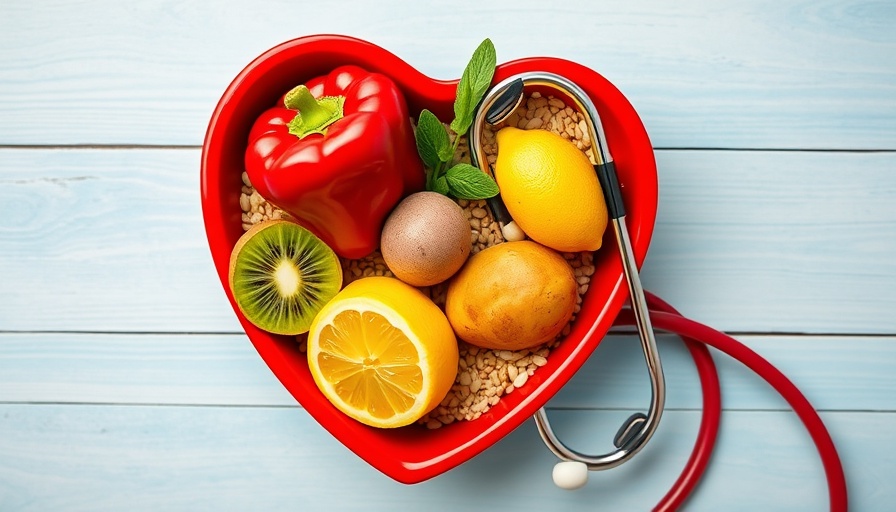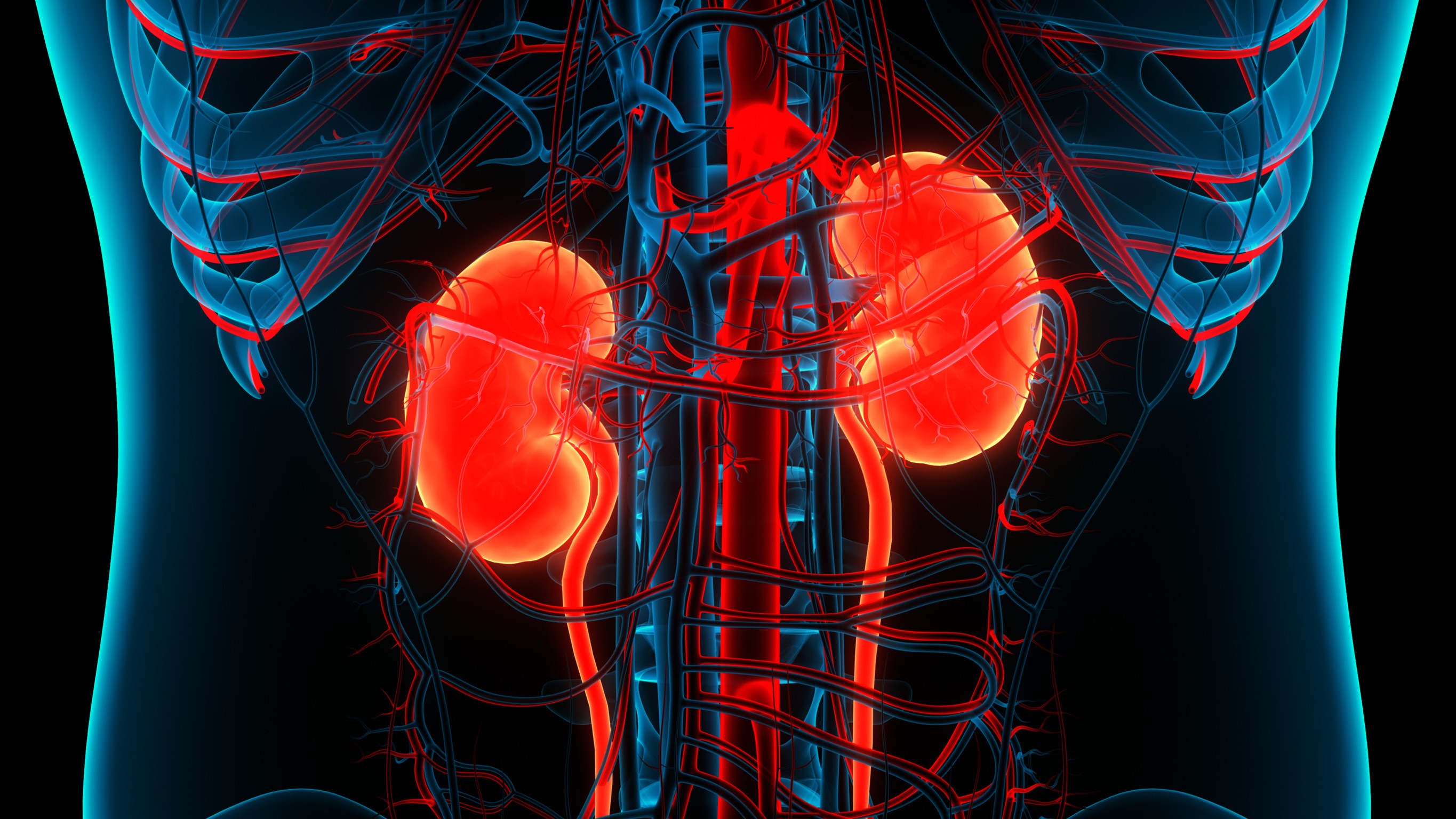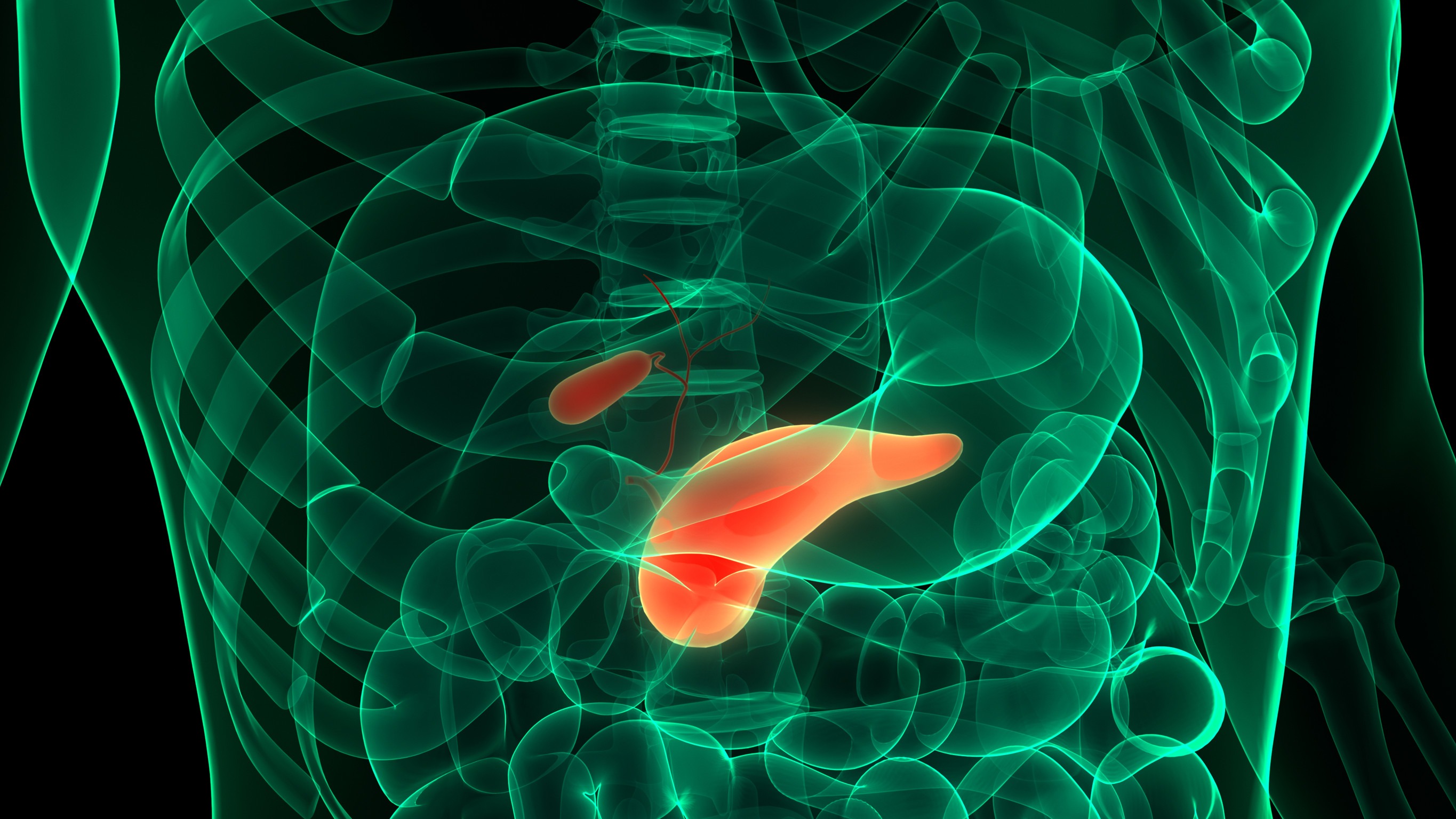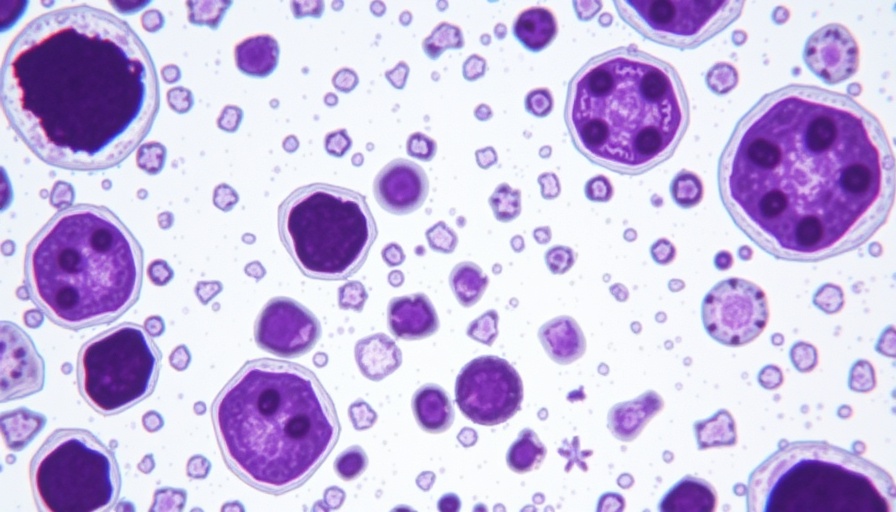
A New Approach to Cholesterol: The Nibbling Diet
As more people become aware of the implications of high cholesterol levels, innovative dietary strategies are increasingly gaining attention. The nibbling diet highlights a promising approach suggested by Dr. Susan Jebb, head of the Medical Research Council’s Human Nutrition Research Unit. Her research underscores that splitting food intake into several small meals throughout the day can yield metabolic benefits greater than consuming the same caloric intake over fewer meals.
How Nibbling Benefits Your Metabolism
Frequent meals help prevent sudden spikes in fatty acids in the bloodstream, which can lead to harmful fatty build-up in the arteries and contribute to increased cholesterol levels. By distributing food intake more evenly throughout the day, the body can manage energy and dietary fat more effectively. Research from the University of Montana also suggests that this approach might enhance overall energy levels.
The Evidence: Comparing Eating Patterns
In a comprehensive study conducted by scientists from Imperial College, London, 2,000 individuals across the UK, Japan, China, and the U.S. participated. Interestingly, those who followed a nibbling diet, consuming more than six meals a day, were found to have a 32.6% lower risk of having high levels of bad cholesterol compared to their counterparts who ate fewer than six meals daily. The end result? A remarkable 8.5% reduction in cholesterol levels after shifting to a nibbling diet over three meals.
Understanding Cholesterol and Insulin
The scientific underpinning for the nibbling diet’s efficacy in lowering cholesterol levels may be related to its effects on insulin secretion. Regular, smaller meals promote stable insulin levels, which in turn can curb the liver’s cholesterol production. This is essential, especially for those concerned about heart health.
What Foods Help Fight Cholesterol?
Apart from meal frequency, the quality of food that individuals consume matters considerably. Incorporating foods known to lower cholesterol can be beneficial. Here are some key options:
Oats: High in soluble fiber, oats reduce bad cholesterol levels.
Fatty Fish (like salmon): Rich in omega-3 fatty acids, these fish can improve heart health.
Nuts: Walnuts and almonds are pack powerhouses in heart-healthy nutrients.
Beans: Another great source of fiber and protein.
Elixirs like Red Wine & Dark Chocolate: In moderation, these can enhance heart health due to their antioxidant effects.
Recognizing food labels is crucial in making informed dietary choices that support a low-cholesterol regimen.
Practical Tips for Embracing the Nibbling Diet
For individuals seeking actionable advice to improve their dietary habits, embracing the nibbling diet can start small. Begin by identifying healthy snacks to integrate into your regular meal routine. Whole foods such as fruits, vegetables, and nuts can be great between-meal snacks, keeping energy up while also contributing to overall heart health.
In conclusion, understanding the nibbling diet and its implications for cholesterol management can be a game-changer. Each step towards healthier food choices contributes not just to individual health but also to a broader community of wellness.
If you're seeking ways to enhance your overall health and well-being through diet, taking the insights from the nibbling methodology is just the beginning. Consider exploring personalized nutritional advice to create a sustainable and healthful eating plan.
 Add Row
Add Row  Add
Add 




 Add Row
Add Row  Add
Add 

Write A Comment